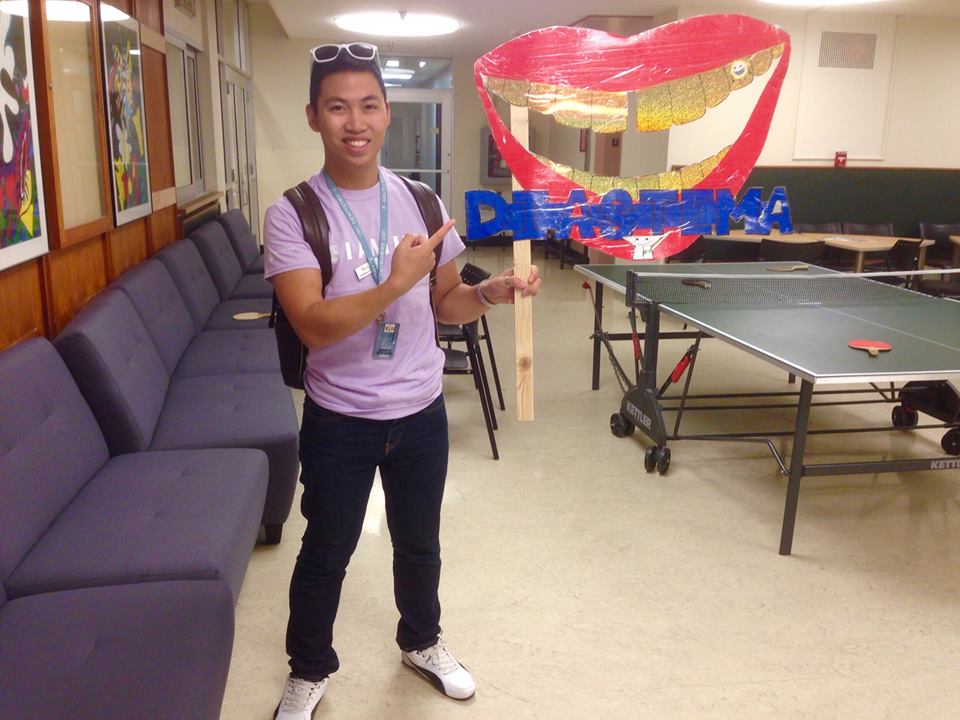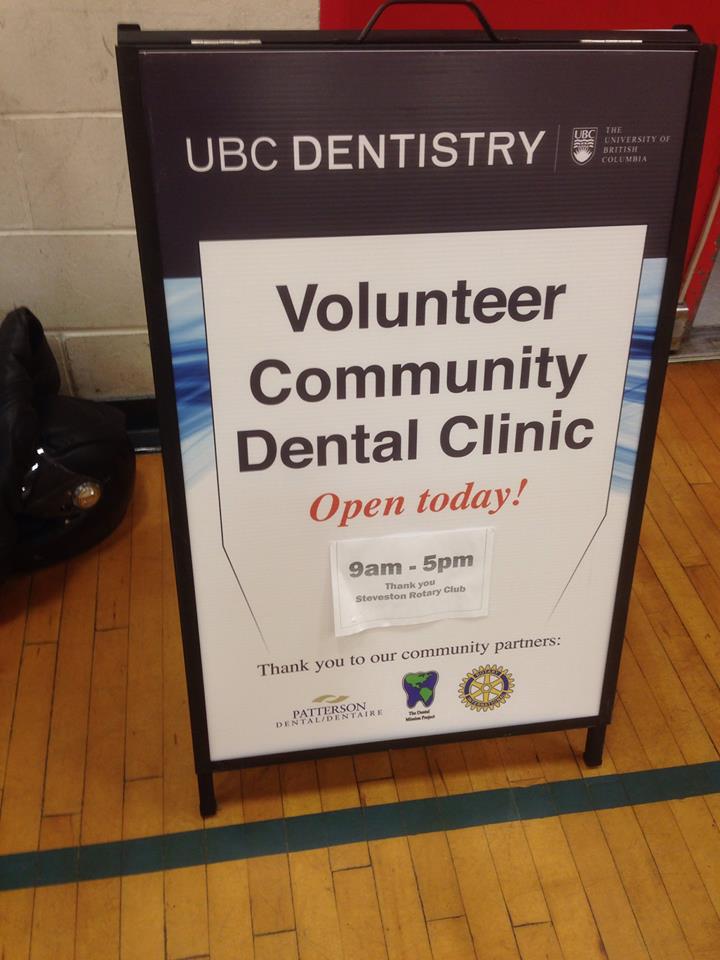 As I examine the past few years of my undergraduate journey, I note that there were many highs and lows which ultimately honed me into a healthcare practitioner who genuinely cares for the clients he serves. Through various clinical experiences and community initiatives, I was able to develop the following practice philosophy:
As I examine the past few years of my undergraduate journey, I note that there were many highs and lows which ultimately honed me into a healthcare practitioner who genuinely cares for the clients he serves. Through various clinical experiences and community initiatives, I was able to develop the following practice philosophy:
“to develop a genuine relationship with the client and understand the client’s perception and beliefs of oral health to provide holistic and individualized care that addresses the client’s oral health needs.”
Effective communication is the act of building foundational trust and integrity; thus, the creation of a genuine connection between the patient and clinician is a must.1 Establishing good rapport shows that I prioritize my client’s values and beliefs throughout the dental hygiene process of care (ADPIE). Exceptional rapport also helps the client understand the intention, which improves their compliance and reduces their anxiety.1 The ability to build interpersonal relationships can be extrapolated when working intra or inter-professionally, unifying all professionals in the workplace as it creates an inviting and supportive environment.
Advocacy is a one of the dental hygiene competencies that I have become more apparent to me as a developing clinician. Upon entering the Dental Hygiene Degree Program (DHDP) I perceived the role of a dental hygienist to be merely “cleaning  teeth”. The last 3 years has revealed to me the various responsibilities of dental hygienists, which are guided by the principles of social justice. The importance of advocating for undeserved populations such as new immigrants, refugees, and individuals of low socioeconomic status became evident after working in numerous community settings specifically, Ray Cam Volunteer Dental Clinic, a community oral health initiative by the Dental Missions Project. New immigrants, refugees, and low socioeconomic populations often face numerous health inequities due to varying culture beliefs on health, low oral health literacy, language barriers, financial struggles, and difficulty navigating the healthcare system. As a prospective registered dental hygienist, it is my responsibility to advocate for oral health and address the client’s basic human needs pertaining to oral health regardless of sex, age, socioeconomic status, or race.2 Furthermore, establishing a trusting and caring relationship with the client will be a step towards breaking down barriers that restrain individuals from seeking oral health and empower them to take control of their oral health.
teeth”. The last 3 years has revealed to me the various responsibilities of dental hygienists, which are guided by the principles of social justice. The importance of advocating for undeserved populations such as new immigrants, refugees, and individuals of low socioeconomic status became evident after working in numerous community settings specifically, Ray Cam Volunteer Dental Clinic, a community oral health initiative by the Dental Missions Project. New immigrants, refugees, and low socioeconomic populations often face numerous health inequities due to varying culture beliefs on health, low oral health literacy, language barriers, financial struggles, and difficulty navigating the healthcare system. As a prospective registered dental hygienist, it is my responsibility to advocate for oral health and address the client’s basic human needs pertaining to oral health regardless of sex, age, socioeconomic status, or race.2 Furthermore, establishing a trusting and caring relationship with the client will be a step towards breaking down barriers that restrain individuals from seeking oral health and empower them to take control of their oral health.
References:
- Dryer L. Communication and Learning [Internet]. Rdhmag.com. 2015 [cited 3 December 2015]. Available from: http://www.rdhmag.com/articles/print/volume-28/issue-12/feature/communication-and-learning.html
- Dental Hygiene: Definition, Scope, and Practice Standard. 2002.